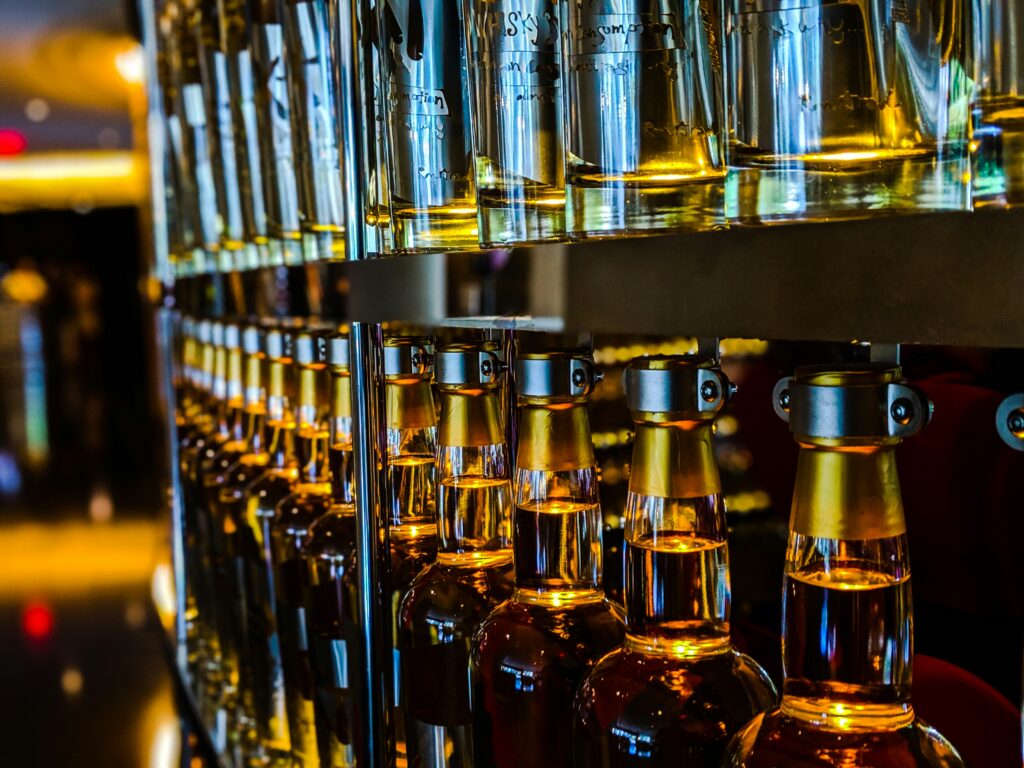Water in food and beverage manufacturing is for ingredient use, processing, cleaning, cooling, and steam generation. However, this heavy reliance brings challenges: high water consumption drives up costs and sustainability pressures, while strict quality standards demand extensive treatment. Poor water quality can cause scaling and fouling in boilers and chillers, reducing efficiency and increasing energy use. Wastewater generated is often high in organic waste, requiring complex treatment to meet regulations. With growing environmental regulations and water scarcity concerns, manufacturers must find smarter, more sustainable water solutions to keep operations running smoothly and responsibly.

One commonly used approach is a biological treatment, where microorganisms are utilized to break down the organic matter present in the wastewater. This process typically involves the use of aerobic or anaerobic digestion systems. In aerobic systems, oxygen is provided to the microorganisms, allowing them to efficiently decompose organic compounds and convert them into carbon dioxide, water, and biomass. Anaerobic digestion, on the other hand, takes place in the absence of oxygen and produces biogas, which can be used as an energy source. Biological treatment methods are favoured for their cost-effectiveness and ability to reduce organic contaminants.
In addition to biological treatment, physical and chemical processes are also employed to treat food and beverage wastewater. Physical processes such as screening, sedimentation, and filtration help remove solid particles and suspended matter from the wastewater. This step is crucial in preventing the clogging of downstream equipment and ensuring the efficiency of subsequent treatment processes.
Chemical treatment techniques are utilized to address specific contaminants that cannot be effectively removed through biological or physical processes. Coagulation and flocculation are commonly employed to aggregate fine particles and dissolved substances, allowing them to be easily separated from the wastewater. Chemical precipitation is another technique used to remove heavy metals and certain dissolved ions by converting them into insoluble forms.
Hydroleap recognizes the importance of conserving water and reducing environmental impact in the water-intensive food and beverage industry. Today, many F&B manufacturers rely on conventional wastewater treatment methods that struggle to manage the industry’s complex effluent that make safe discharge both difficult and costly.
To address these challenges, Hydroleap deploys Electrocoagulation (EC) and Electrooxidation (EO).
EC is particularly effective in removing bulk contaminants. It achieves up to 80% reduction in oil and grease, 85% removal of total suspended solids (TSS), and a 70% reduction in COD and BOD, making it an ideal pre-treatment step for high-load wastewater.
EO, on the other hand, plays a critical role in final polishing. It oxidizes remaining organic compounds and pathogens, enhancing water quality for reuse or safe discharge, while eliminating the need for hazardous disinfectant chemicals.
Both systems are easy to operate, chemical-free, and offer significantly lower lifecycle costs. Together, Hydroleap’s technologies ensure compliance with strict discharge regulations, reduce OPEX, and help F&B manufacturers overcome space constraints while meeting sustainability targets.
